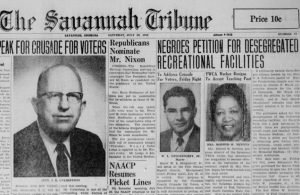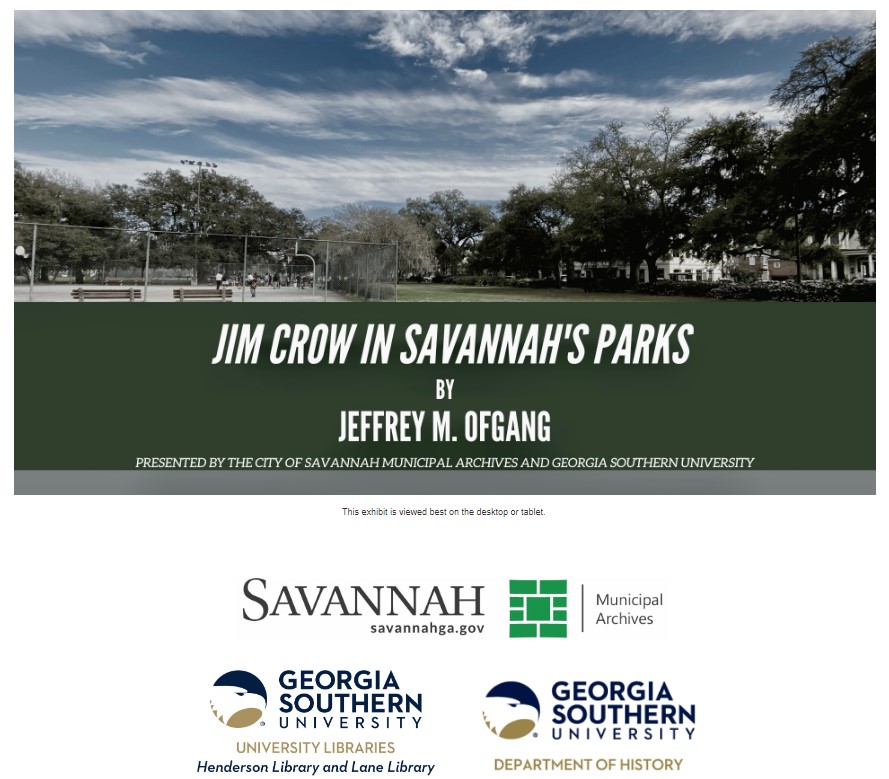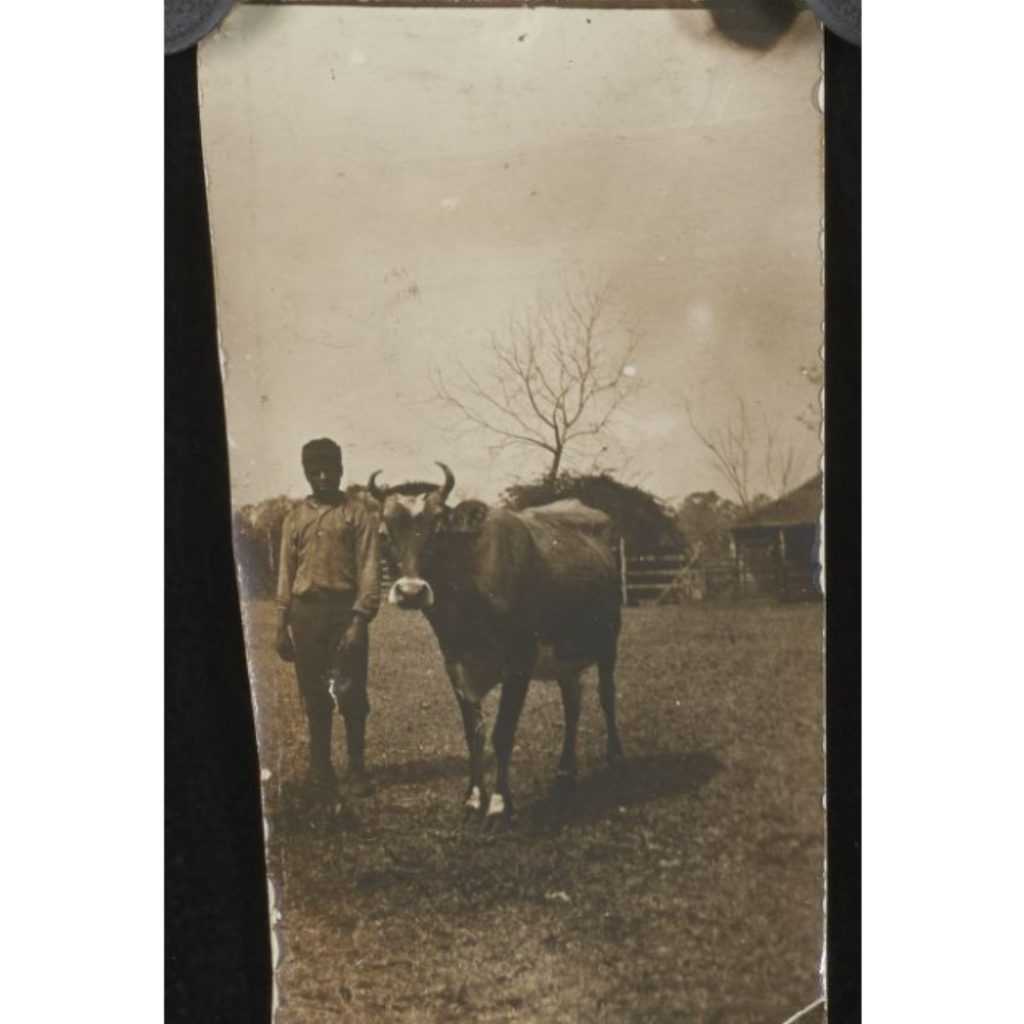By Jeff Ofgang

Savannah maintained separate and unequal public park systems for black and white people from the end of the Civil War until the Civil Rights Act of 1964. Black Savannahians were barred by custom from entering the largest and finest parks due to Jim Crow segregation.
As a graduate student in public history at Georgia Southern University, I wanted to learn how the City of Savannah enforced park segregation through a combination of social customs and administrative actions.
I interned at the City of Savannah Municipal Archives and continued researching this topic alongside archives director Luciana M. Spracher.
This resulted in the curation and creation of a digital exhibit, “Jim Crow in Savannah’s Parks,” using official documents to detail how racism openly guided decisions by the City of Savannah’s Park and Tree Commission, and by the Mayor and City Council, who decided where and when to build and improve parks and recreation facilities.
The resources of the Digital Library of Georgia were critical to my research.
A digitization subgrant from DLG that was awarded recently to the City of Savannah Municipal Archives paid to digitize the minutes of the Park and Tree Commission from its founding in 1896 through 1972.
I read through sixty years of meeting minutes, a task made possible during the COVID-19 pandemic only because these records were digitized and freely available online, which made it possible for me to access them from home.
The Digital Library of Georgia also has digitized copies of the speech books of Malcolm R. Maclean, the mayor who guided Savannah toward agreements desegregating restaurants, hotels, theaters, and other public accommodations even before the Civil Rights Act of 1964.
Black-owned newspapers chronicled Jim Crow in Savannah, while the “white” press largely ignored it until the 1950s. The Georgia Historic Newspapers website, maintained by the Digital Library of Georgia, gave me access to decades of the Savannah Tribune, Savannah’s leading black newspaper, which I also used in the exhibit.
The digital exhibit, “Jim Crow in Savannah’s Parks,” is hosted by Georgia Southern University, with links from the City of Savannah website. You can view the exhibit at georgiasouthern.libguides.com/savannahparks
–Editor’s note: A piece on Georgia Public Broadcasting’s “Political Rewind” about the exhibit aired on May 17, 2022. Tune in at the 46:00 mark!



